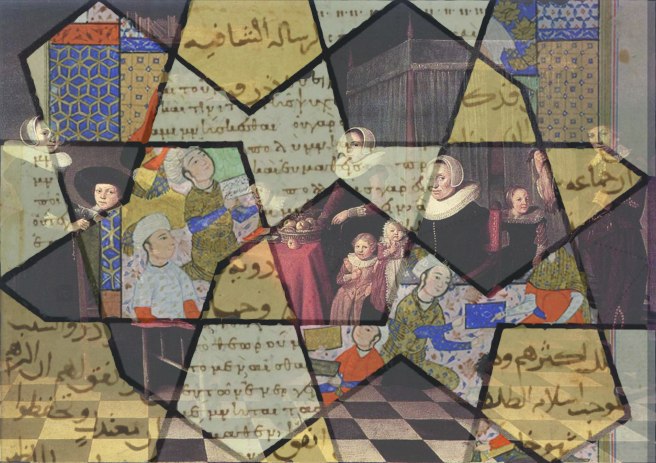For our first Markers of Authenticity seminar for 2019, we’ll be considering how collaborative memory works in practice. Join us on Friday 12th April 4–6 pm for a special seminar presented in conjunction with the Centre for Applied History and sponsored by the Centre for Ancient Cultural Heritage and the Environment in the Australian Hearing Hub, Level 5, Rm 212.

How do family historians work with memory?
A/Prof. Tanya Evans (Department of Modern History, Politics, and International Relations, Macquarie University; Director, Centre for Applied History)
Drawing on survey data and oral history interviews undertaken with family historians in Australia, England and Canada this talk will explore the ways in which family historians construct memories using diverse sources in their research. It will show how they utilise oral history, archival documents, material culture and explorations of space to construct and reconstruct family stories and to make meaning of the past. It will ask whether they undertake critical readings of these sources when piecing together their families’ stories and reveal the impact of that work on individual subjectivities, the construction of historical consciousness and the broader social value of family history scholarship. Global family history challenges the patriarchal, nation-focussed, state-driven historical scholarship we discover so easily in our formal archives and libraries. How might family historians reshape our knowledge on memory and the history of the family in the 21st century?
“Remember when…?” How reminiscing with mothers and others supports young children’s memory and emotion development
A/Prof. Penny Van Bergen (SFHEA, Department of Educational Studies, Macquarie University; Director, Centre for Children’s Learning in a Social World)
Memory is a critically important aspect of our lives. We share memories with one another multiple times a day: building emotional bonds, eliciting sympathy or empathy, and problem solving for the future. As parents and teachers, we also scaffold and support young children’s emerging memory narratives. I extend on this past research in two ways. First, I consider implications for emotion development. I show how reminiscing about emotional past events (e.g. fights with friends, getting in trouble) may be a particularly rich forum for developing emotion competence. Next, I extend from mothers to others. Working with teachers, fathers, and other children, I show how a range of socialising agents support children’s memory.

One thought on “Authenticity of Memory”